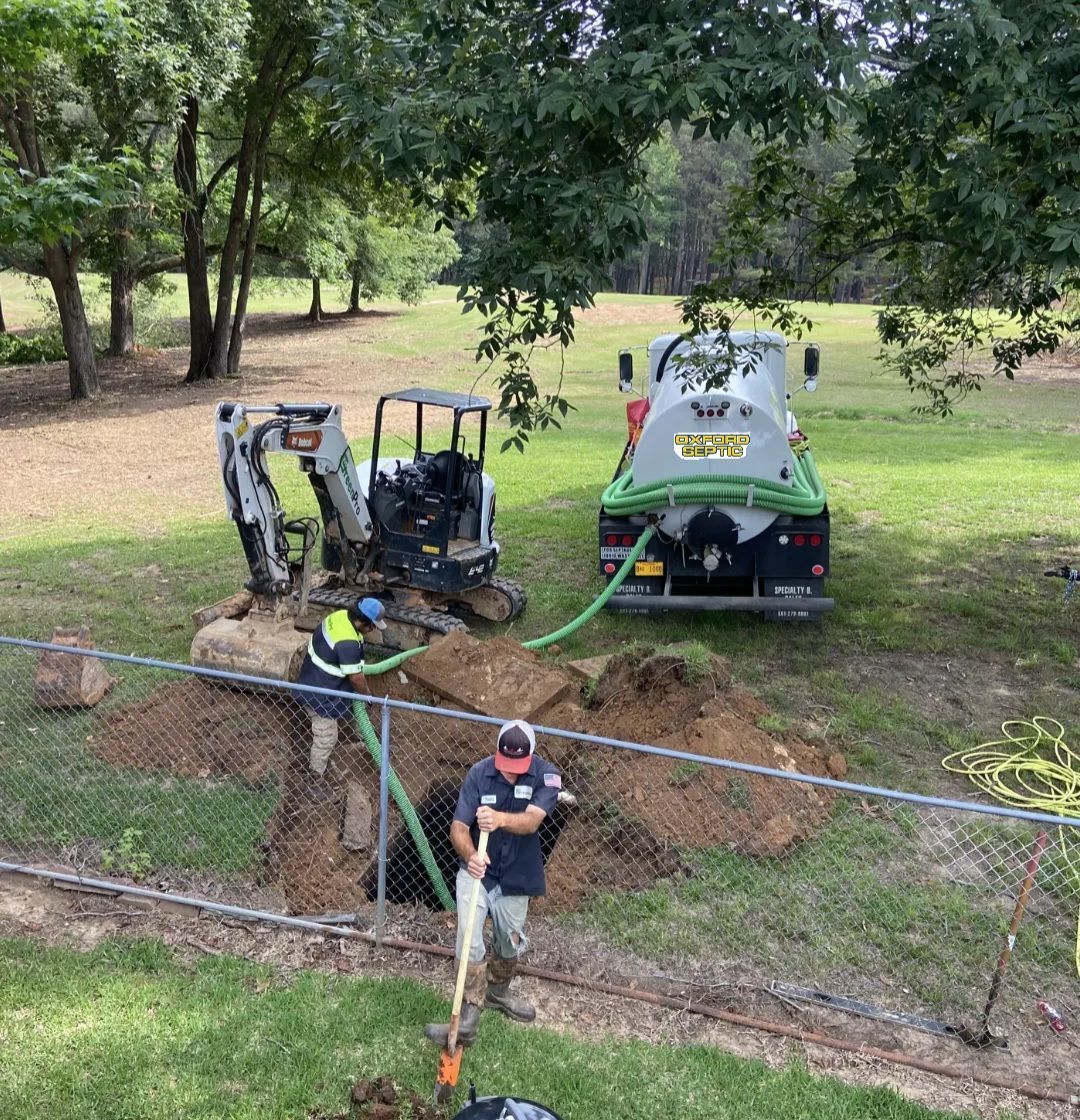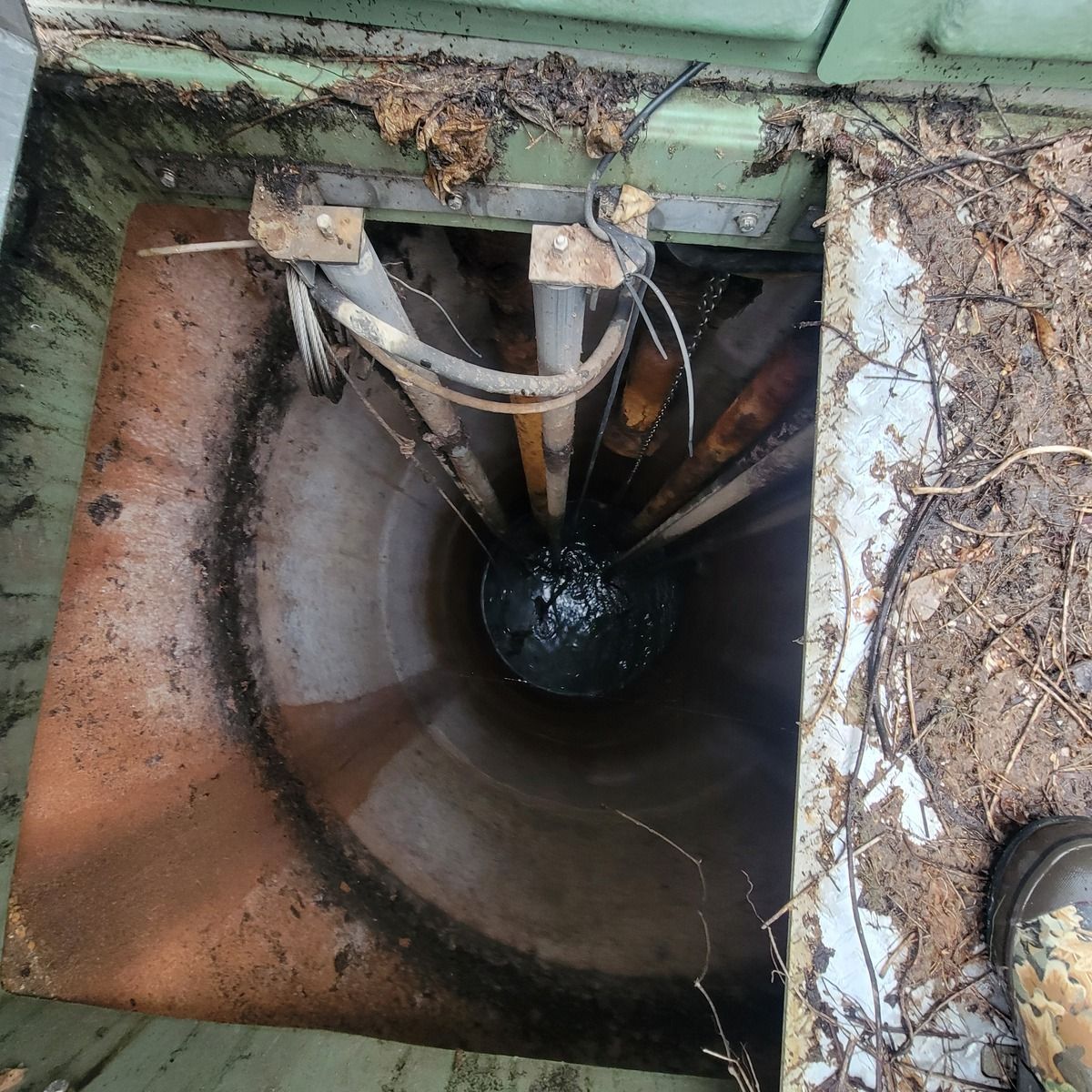Separating Fact from Fiction: Debunking Common Misconceptions About Septic Pumping for Mississippi Residents
July 25, 2023
Clarifying the Truths About Septic System Maintenance
Septic system maintenance, particularly septic pumping, is often shrouded in misconceptions. This can lead to neglect and potential system failures. It's time to debunk some common myths about septic pumping for Mississippi residents, ensuring they can properly care for their systems.
1. Myth: My septic tank doesn't need pumping unless there's a problem.
Fact: Regular septic pumping is necessary for preventive maintenance, typically every 3-5 years, depending on usage. Waiting for problems to arise can lead to significant damage that requires costly repairs or even system replacement.
2. Myth: If I use septic tank additives, I don't need to pump my tank.
Fact: While some additives can aid in breaking down waste, they can't replace the need for regular pumping. Accumulated solids must be mechanically removed to prevent tank overloading and system failure.
3. Myth: All household waste is safe to flush into a septic system.
Fact: Many substances, like oils, grease, chemicals, and non-biodegradable items, can clog the system or disrupt the wastewater treatment process. Be mindful of what goes down the drain to ensure system longevity.
4. Myth: Septic pumping and cleaning are the same.
Fact: While these terms are often used interchangeably, they're not identical. Pumping involves removing liquid and some floating solids and sludge, while cleaning includes removing all water and compacted sludge from the bottom of the tank.
5. Myth: My septic system can last forever with little to no maintenance.
Fact: Like any other home system, a septic system has a limited lifespan and requires regular maintenance, including inspections and pumping, to maximize its longevity.
6. Myth: Anyone can pump a septic tank.
Fact: Septic pumping should always be performed by licensed professionals who understand the proper procedures and local regulations, ensuring that the job is done correctly and safely.
In conclusion, understanding the truth behind septic system maintenance, particularly septic pumping, is crucial for Mississippi residents. By debunking these myths, homeowners can make informed decisions that prolong their system's lifespan, save money in the long run, and contribute to a healthier, safer community.

February 19, 2025
Maintaining a healthy septic system is essential for every homeowner, and one crucial aspect of this maintenance is regular septic tank pumping. In this comprehensive guide, brought to you by Oxford Septic Services, we'll cover everything you need to know about septic tank pumping, from why it's important to how often it should be done and what to expect during the process. Chapter 1: Understanding Septic Tank Pumping Explanation of the purpose of septic tank pumping, which is to remove accumulated solid waste and sludge from the tank to prevent backups, clogs, and system failures Overview of how septic tank pumping works, including the use of specialized equipment to extract the contents of the tank and transport them to a treatment facility for proper disposal Discussion of the factors that can influence the frequency of septic tank pumping, such as household size, water usage, and the size of the tank Chapter 2: Signs That Your Septic Tank Needs Pumping Identification of common signs that may indicate it's time to pump your septic tank, such as foul odors, slow drains, sewage backups, or standing water in the yard Explanation of how these signs can indicate an overfull or malfunctioning septic tank that requires immediate attention Tips for conducting regular inspections of your septic system to monitor the level of sludge and scum in the tank and determine if pumping is necessary Chapter 3: The Septic Tank Pumping Process Step-by-step explanation of what to expect during a septic tank pumping service, from the initial inspection and locating the tank to pumping out the contents and cleaning the tank Overview of the equipment and techniques used by professional septic service providers like Oxford Septic Services to safely and efficiently pump septic tanks Discussion of the importance of proper disposal of septic waste and adherence to environmental regulations to protect public health and the environment Chapter 4: Benefits of Regular Septic Tank Pumping Explanation of the benefits of regular septic tank pumping, including preventing backups and system failures, extending the lifespan of the septic system, and protecting the environment Discussion of how regular pumping can save homeowners money in the long run by avoiding costly repairs and replacements Testimonials from satisfied customers who have experienced the benefits of regular septic tank pumping provided by Oxford Septic Services Conclusion: Regular septic tank pumping is a critical aspect of septic system maintenance that every homeowner should prioritize. By understanding why septic tank pumping is important, recognizing the signs that indicate it's time to pump your tank, and partnering with a trusted septic service provider like Oxford Septic Services, you can ensure that your septic system remains healthy and functional for years to come.

February 5, 2025
Congratulations on your new home! As a new homeowner, understanding how your septic system works and how to properly maintain it is crucial for ensuring its longevity and preventing costly repairs. In this comprehensive guide, brought to you by Oxford Septic Services, we'll walk you through everything you need to know about your septic system, from how it functions to essential maintenance tips. Chapter 1: How Does a Septic System Work? Overview of the basic components of a septic system, including the septic tank, drain field, and soil absorption area Explanation of how wastewater flows from your home into the septic tank, where solid waste settles and is broken down by bacteria, and liquid waste flows out into the drain field for further treatment by the soil Diagrams and illustrations to help new homeowners visualize the process and understand the role of each component in the system Chapter 2: Signs of Septic System Problems Identification of common signs that may indicate a problem with your septic system, such as foul odors, slow drains, gurgling noises, or soggy areas in the yard Discussion of the importance of addressing these signs promptly to prevent more significant issues and potential property damage Tips for conducting visual inspections of your septic system, including checking for standing water or sewage backups in the yard and inspecting the area around the septic tank and drain field for signs of damage or deterioration Chapter 3: Essential Septic System Maintenance Overview of the importance of regular septic system maintenance for preventing costly repairs and ensuring proper functioning Explanation of the maintenance tasks that homeowners should perform regularly, such as having the tank pumped every 3-5 years, conserving water usage, avoiding flushing non-biodegradable items, and scheduling routine inspections by a professional septic service provider Tips for maintaining a healthy septic system, including using septic-safe household products, avoiding harsh chemicals, and planting grass or shallow-rooted vegetation over the drain field to prevent soil erosion Chapter 4: Working with Oxford Septic Services Introduction to Oxford Septic Services and the range of services they offer, including septic system inspections, maintenance, repairs, and installations Benefits of partnering with a reputable septic service provider like Oxford Septic Services, including experienced technicians, prompt service, and peace of mind Testimonials from satisfied customers who have relied on Oxford Septic Services for their septic system needs and experienced excellent results Conclusion: As a new homeowner, understanding your septic system and implementing proper maintenance practices is essential for protecting your investment and ensuring the health and safety of your family and the environment. By following the guidance provided in this guide and partnering with a trusted septic service provider like Oxford Septic Services, you can enjoy peace of mind knowing that your septic system is in good hands.
© 2025
All Rights Reserved | Oxford Septic Service | Site Creds
